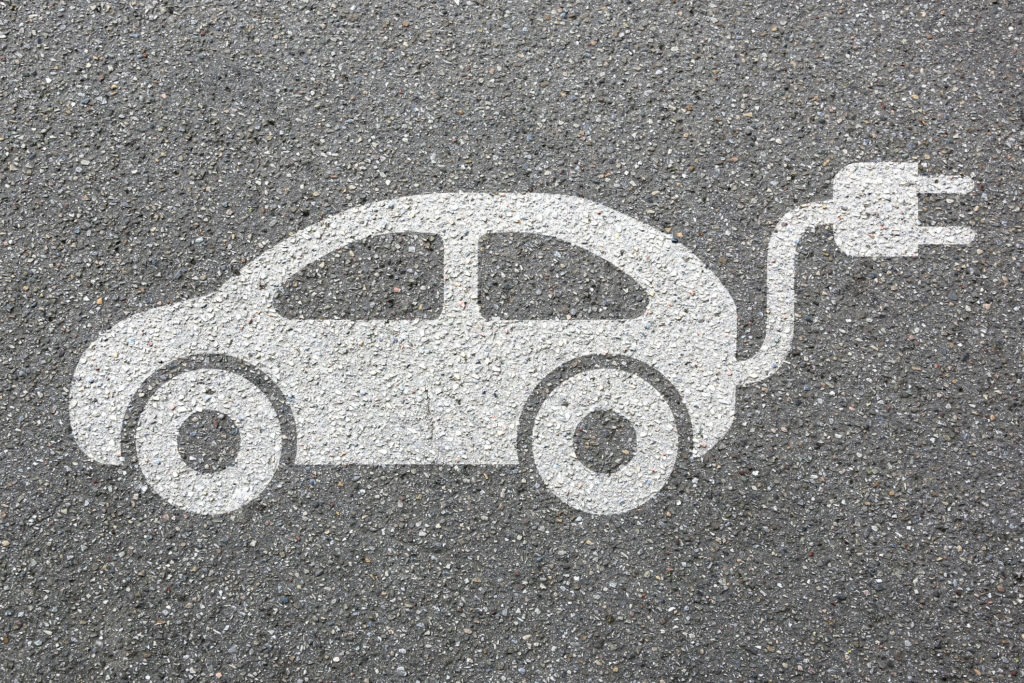Interview: Are car subscriptions a catalyst for EV growth?
01 May 2020

Although both Auto Mobility LIVE (AML) and the TCO Awards have been cancelled for this year, Autovista Group and the events’ speakers and judges remain committed to bringing you informative and relevant insights.
In this article, Rui Ferreira, vice president Electric Vehicle Fleet at electric vehicle (EV) subscription startup Evezy, discusses the company’s unique business model, the impact the coronavirus crisis might have on car subscriptions and the challenges of working in an untypical startup. Christof Engelskirchen, chief economist at Autovista Group leads the conversation.
You can read the full interview here
Q: Evezy offers nearly new electric vehicles via a subscription model. How does it work?
A: Evezy is an all-inclusive electric vehicle subscription solution, with no deposit and no long-term commitment. Included in the subscription is the car, a network-charging card (free electricity at 7,000 charge locations in the UK) insurance, maintenance (including tyres, servicing and applicable taxes. In essence, everything that you need to drive the vehicle.
For most consumers to convert to an EV, there are still too many unknowns. Not the technical concerns but how you live with and experience an electric vehicle. Range anxiety. Can I charge my car at home? Is it hard to plug the car in at a public charger? Are there enough public charging points out there? Evezy gives customers the opportunity to experience an electric vehicle, without the significant upfront cost nor the long-term financial commitment, so they can overcome any of these apprehensions.
Q: The car industry seems to be amongst the hardest hit industries during and potentially after the coronavirus crisis. What do you think the impact will be during Q2 and Q3 2020?

A: When you compare this crisis to the one in 2008/2009, there is one aspect that is fundamentally different. It has been the general stopping of all economic activity and for the first time ever, the closing of automotive factories. That is going to make a significant difference. In the previous crises, automotive production continued, creating a surplus of new cars for which there was limited demand. This is not the case now, so I hope and believe there will be a quicker recovery, but the question is, to what level?
Whether it is going to be 95% or 90%, I am not sure. Obviously, there are going to be sectors of the economy that are going to struggle more than others, such as entertainment and travel. This, in itself, will have an impact on the economy and overall automotive demand.
Q: What are the trends you see emerging out of this crisis?
A: When you look at March [2020] new car registration data across Europe, it is clear that electric vehicles continue to grow exponentially. A record 4.6% of the total market registrations in the UK were electric vehicles and that shift to electrification continues in all major European markets. I believe this trend will accelerate.
People will come away from this coronavirus experience with a greater consciousness of climate change, our environment, what is really going on in the world, what is important. We will be more conscious of what we need to do as individuals to protect our environment. That will generate even more focus on electric vehicles. Other mobility solutions may find greater challenges. For car sharing, it was already difficult to make the business casework across Europe.
There are reports coming from South Korea that people are shying away from public transportation, increasing demand for cars. The rental industry will suffer from a significant impact as leisure travel will inevitably decrease this summer season and business travel will take a while to recover.
A full digital experience [is now desirable] for people looking to satisfying their mobility needs. [This] is another trend that our business model will likely benefit from.
Q: Non-ownership business models may benefit from the crisis, as people will not have to make long-term commitments but will still be able to try all the options that there are for vehicle access. But what about the trend towards electrification. Is there a risk that it will stall?
A: No, I do not think so. I think it will be accelerated. For the reasons we mentioned before, plus the amount of investment that automakers have put behind electrification is just so large. It is beyond the point of no return. The charging infrastructure is also growing quickly across Europe and financial commitments have been made to build it up. The train has left the station.
Q: Would you say that a subscription model makes more sense for the electric vehicle than for the internal combustion engine vehicle?
A: Absolutely. Subscription models for electric vehicles eliminate the fear associated with electrification from the consumer’s eyes.
You can download and read the full interview with Rui Ferreira of Evezy here. In it, he talks more of Evezy’s business model and how European incentives following the coronavirus pandemic may benefit the EV market.